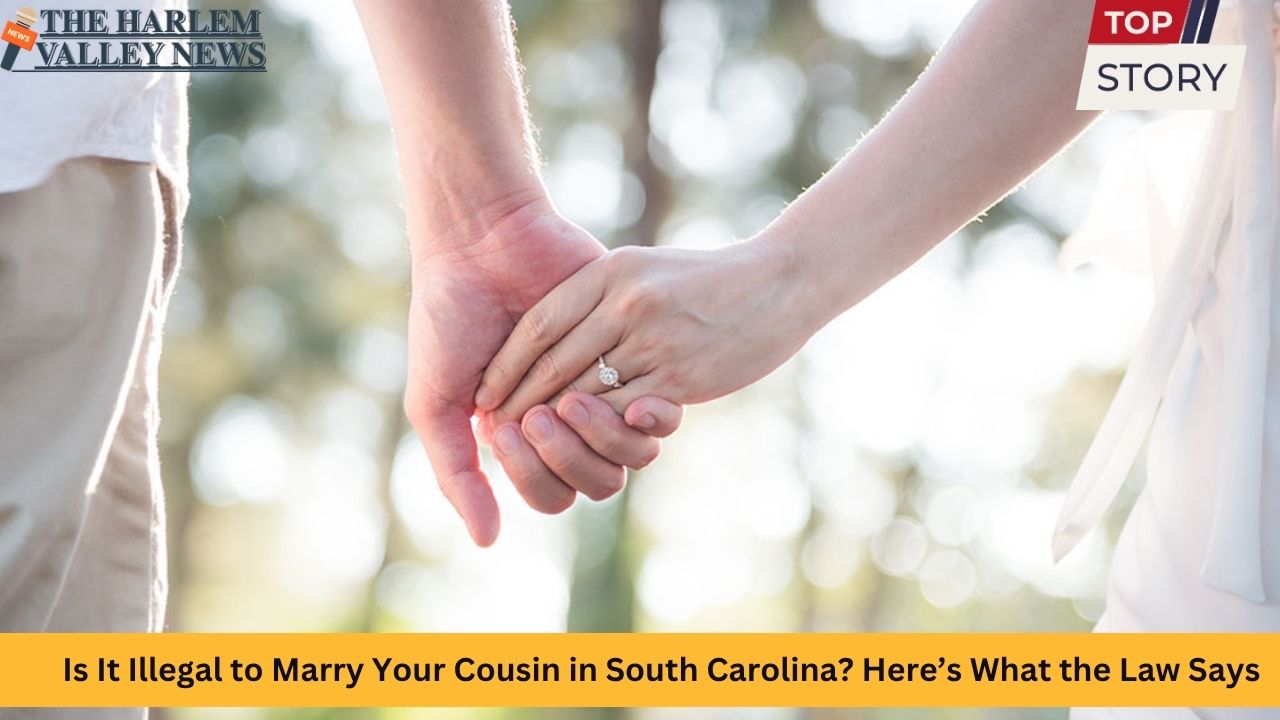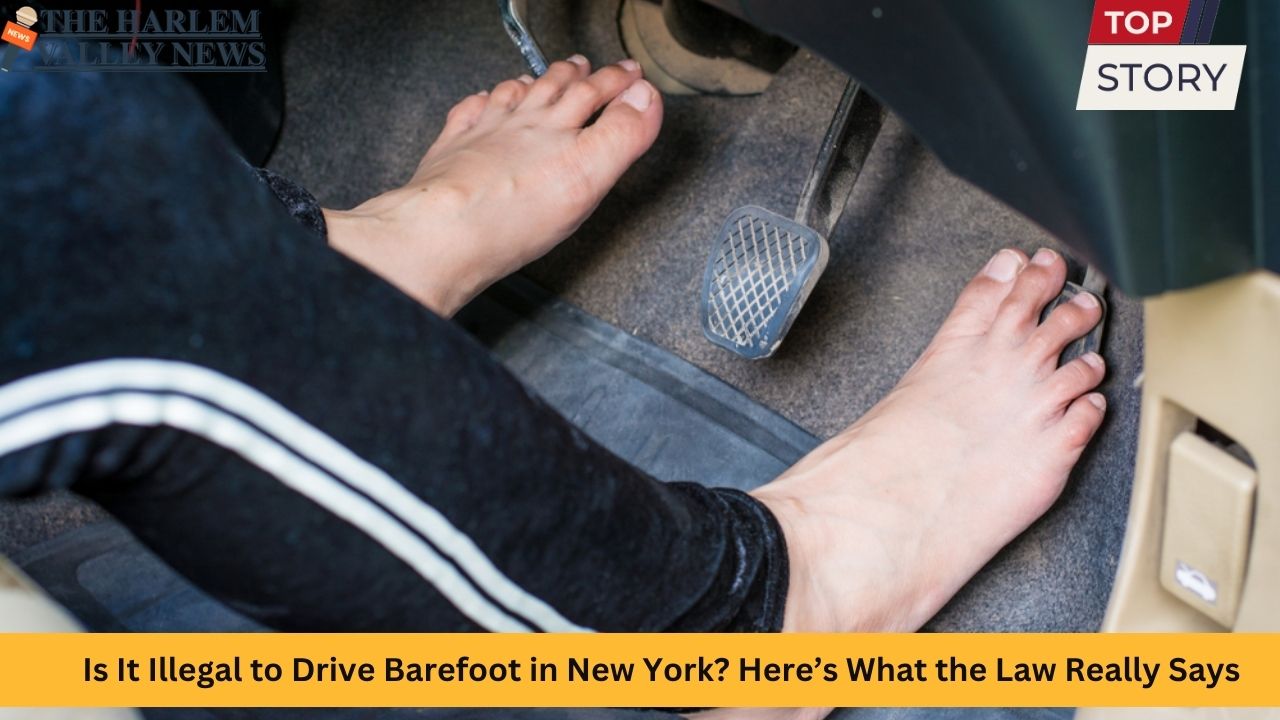Cousin marriage is one of those complex topics that brings culture, law, medicine and regional variation together. You may have wondered whether marrying a cousin is legal in your state—especially in places like Columbia, Charleston or Greenville in South Carolina. This article explores the legal landscape in South Carolina, how it compares to other parts of the United States, what health considerations come into play, and what real‑world data and historical context tell us.
Legal Framework in South Carolina
South Carolina’s statute governing who may marry is found in the domestic relations code. One part lists relationships that are prohibited—parents, siblings, grandparents, aunts and nephews, uncles and nieces, and so forth. Notably, cousins are not included on that list. That means first cousins in South Carolina—whether in Rock Hill, Myrtle Beach, or Spartanburg—can legally obtain a marriage license without need for age thresholds, genetic testing or court approval. South Carolina specifically permits first cousins to marry with no legal restrictions surrounding age, fertility, or genetic counseling. This makes it one of the states where cousin marriage is legal unconditionally.
How South Carolina Compares to Other States
Across the United States, laws regarding first cousin marriage vary widely. In around thirty states marriage with a first cousin is prohibited outright; in others, it’s allowed under conditions such as being over a certain age or sterile. States like Arizona, Illinois, Indiana, Utah, and Wisconsin impose age‑or infertility‑based exceptions. By contrast, South Carolina is grouped with states like Alabama, California, Florida, Georgia, New York, and Virginia where first cousins may marry without restriction. In New York City or Atlanta, couples could marry their cousin just as easily as in Columbia, SC.
Historical Roots of Cousin Marriage Laws
The origins of these laws trace back to the 19th century, particularly after the Civil War era. It was during that period that many states began formally banning consanguineous marriages. By 1930, roughly twenty‑eight states had adopted bans on cousin unions. Kansas was the first in 1858. In the decades that followed, states added restrictions, with a few as late as the mid‑20th and early 21st centuries—including Texas in 2005 or Maine in 1985. South Carolina, however, never adopted such a ban and to this day maintains its stance of permitting cousin marriage.
Demographics and Frequency of Cousin Marriages
Even where it is legal, cousin marriage remains rare in the United States. Only about 0.2% of marriages reported in earlier decades involved first or second cousins—roughly 4,000 out of two million annual marriages. Though these figures are dated and perhaps slightly understated in recent decades due to immigration and changing demographics, cousin marriage still accounts for a very small fraction of all unions in metropolitan areas like Charleston or Columbia.
Cultural and Social Aspects in South Carolina
South Carolina’s coastal cities such as Hilton Head or Beaufort tend toward diverse populations with little tradition of cousin marriage. On the other hand, more rural Upstate counties may show more tolerance if extended family traditions favor cousin unions. Nevertheless, cousin marriage is not common in either urban or rural settings across the state—it exists legally, but rarely socially.
Medical Considerations and Genetic Risk
Discussing cousin marriage without touching on health concerns would be incomplete. Consanguineous marriages—especially among first cousins—carry a slightly elevated risk of recessive genetic disorders. Estimates from large studies suggest the risk of congenital defects for children of first cousins is approximately 4% to 7%, compared with a baseline of roughly 3% to 4% in the general population. That means the incremental risk is present but still relatively modest. Genetic counseling can help prospective couples understand specific risks, though such evaluation is not required under South Carolina law.
Legal Process for Cousins Who Choose to Marry in South Carolina
If you are a first cousin planning a marriage in Charleston, Greenville, or Columbia, the process is identical to that of any couple. You go to county probate court, fill out the standard application, present ID and pay the license fee. There’s no requirement for medical certification, fertility proof, or special court review. The license is issued in triplicate, processed by local Probate Court and recorded with the state’s Vital Statistics office. The marriage is then solemnized and fully valid under South Carolina law.
Comparisons: When Couples Cross State Lines
Because cousin marriage laws differ from state to state, cross‑state couples sometimes face an interesting situation. If a first‑cousin couple from New York (where it’s legal) moves to a prohibitive state, their marriage remains valid. Conversely, couples from states where it’s illegal cannot evade the ban simply by traveling to a state like South Carolina. Marriage validity is governed by domicile and conflict‑of‑law rules; generally, a valid marriage in one state is recognized in another, but procuring a license in a state where the marriage would be prohibited might encounter legal resistance.
Social Perspectives and Ethical Stigma
While the law is clear, societal attitudes can be less so. Many people feel discomfort regarding cousin marriage—especially in more urbanized or progressive communities in Columbia or Charleston. Family members, friends, or community leaders may express moral or cultural concerns. However, in more traditional or closely‑knit circles, cousin marriages historically occurred to maintain family ties, property or lineage. Today, attitudes vary widely based on background, education and region.
Real-Life Examples and Notable Cases
Throughout American history, there have been notable figures who married cousins—Charles Darwin, Albert Einstein and Edgar Allan Poe are often cited. Within South Carolina’s political traditions, prominent families like the Pinckneys intermarried as cousins to preserve alliances and estates in colonial and early national eras. Such arrangements were socially acceptable in Charleston and Columbia in centuries past, even among elite circles.
Common Myths and Misconceptions
Myth: “Cousin marriage is criminal in South Carolina.”
Reality: No—South Carolina law does not criminalize or void cousin marriage. It’s permitted under state statute without restriction.
Myth: “You must prove infertility or meet an age threshold.”
Reality: There are no such requirements in South Carolina—neither Affidavits nor genetic tests are required.
Myth: “Cousin marriage always leads to genetic defects.”
Reality: While there is a slightly higher risk, most children born to cousin couples are healthy. Risk remains relatively low, and genetic counseling can help quantify individual risk.
What Should Couples Consider?
- Legal standing: In South Carolina, spouses who are cousins enjoy full recognition of their marriage.
- Health risks: Consider genetic consultations if family history suggests inherited disorders.
- Community response: Expect a range of reactions—from full acceptance in some communities to stigma in others.
- Future moves: If you plan to live in another state where cousin marriage is banned, your marriage may still be recognized—but licensing in that state may be problematic.
Conclusion: South Carolina’s Clear Legal Position
In South Carolina—from coastal Beaufort to inland Columbia and from Greenville to rural counties—first cousins may marry legally without restriction. The state law explicitly prohibits many close‑relative unions but makes no mention of cousins. Compared to other states that limit cousin marriage by age, fertility, or outright bans, South Carolina remains permissive. While the practice is rare and may carry some genetic risk, it remains entirely lawful and straightforward under state law. Couples considering such a path should weigh medical advice and social context—but from a purely legal standpoint, marriage between cousins in South Carolina is fully permitted.
















Leave a Reply